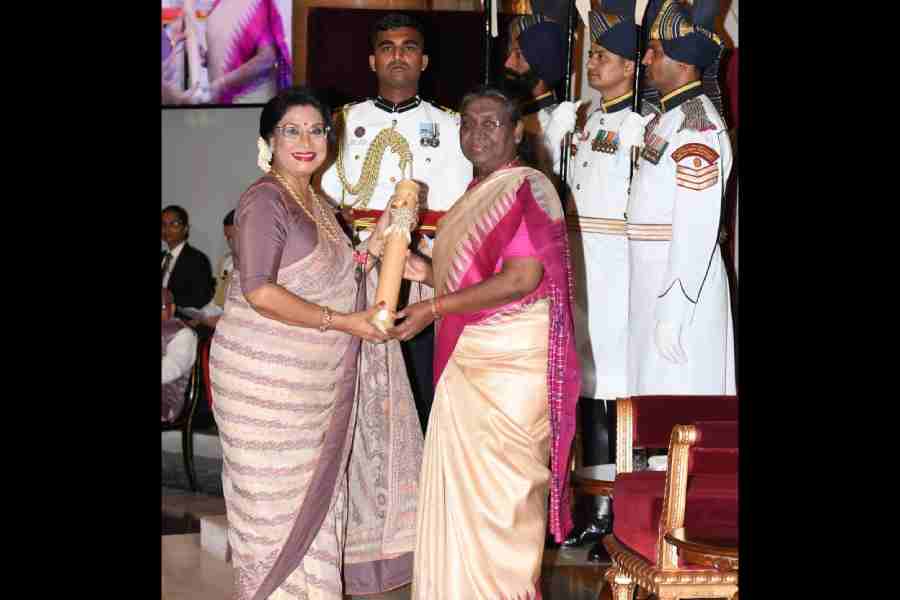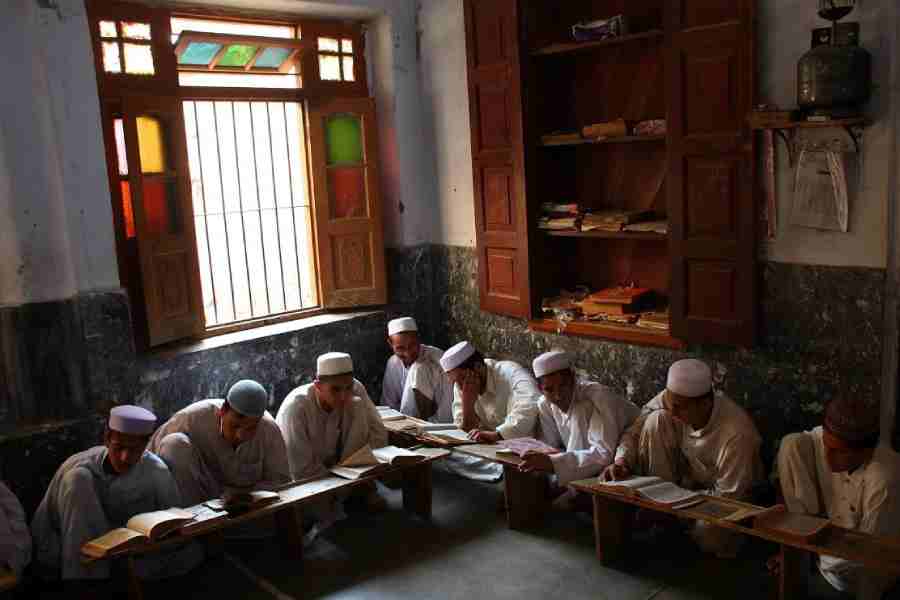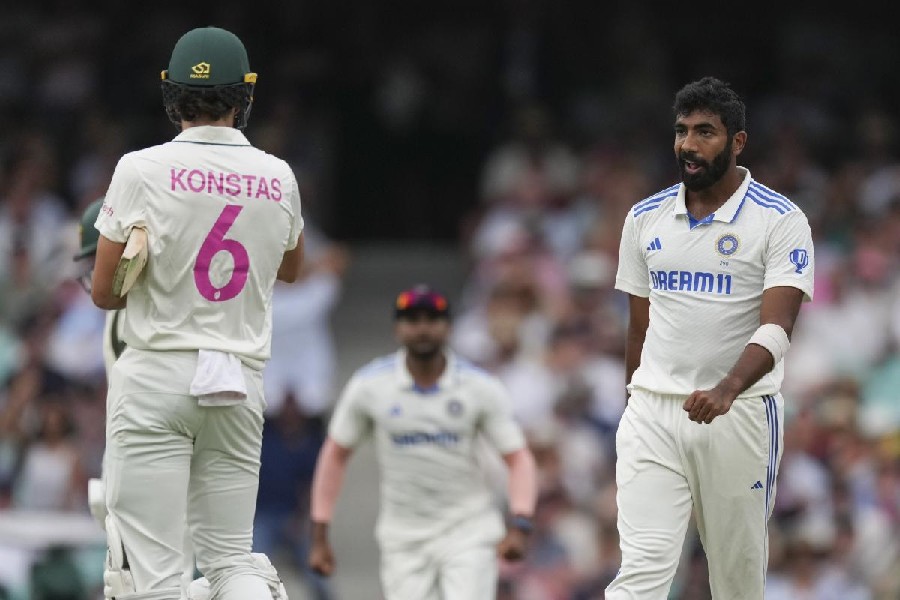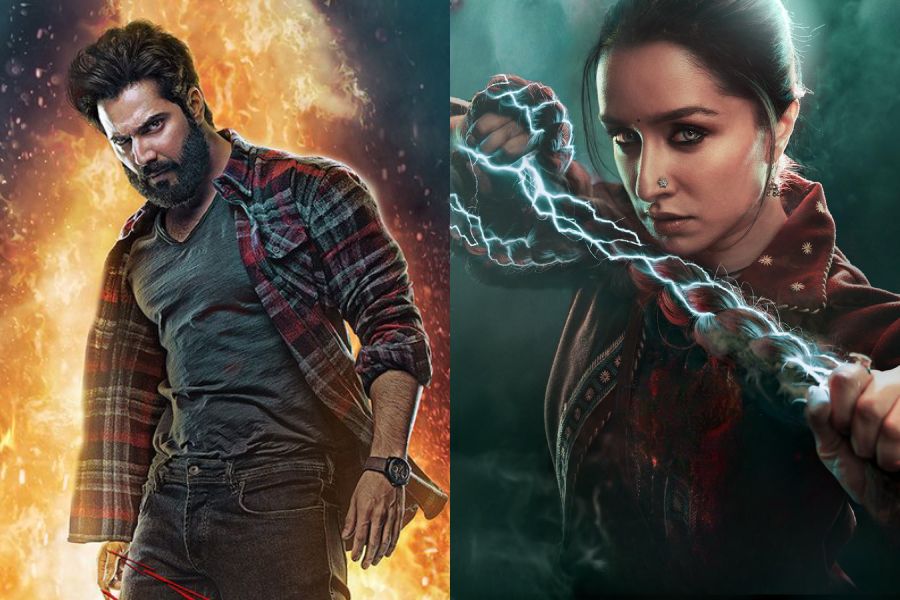Chess has survived for 1500 years and will continue to. Those who thought the game would be destroyed after Russian great Garry Kasparov lost to Deep Blue in 1997 have been proved wrong.
Computers have invaded the game but we still see some 150-odd youngsters outside the Dhono Dhanyo Auditorium waiting for a glimpse of Magnus Carlsen.
Chess has become more popular and more exciting. The game of ancient history has not lost even a bit of edge in the digital age.
The new phenomenon is Artificial Intelligence, creating an upheaval in the world of 64-squares. Chess superstar Carlsen of Norway, who won the rapid section of the Tata Steel Chess India on Friday, “finds it fascinating”, but not from a professional’s perespective.
“Well, you know, I think the neutral networks that came first with AlphaZero (chess search engines) and then Leela Chess Zero, which was kind of a clone of AlphaZero, they changed the way chess has been played, especially in terms of openings and how you view certain imbalances in both materials, how you view and also game safety. I think there was a shift in how people evaluated certain things about five years ago. I think since then, everybody has learned how to use these tools,” Carlsen said at the news conference.
“And so they’ve probably been an equaliser more than anything else. Preparation is now even more advanced than before. But if you take away the perspective of a
professional competitive player, then I think it’s really fascinating because you learn
something new. Okay, that’s sure,” he added.
True. These days computers enable anyone to play endlessly against experts, both artificial and online around the world. Budding players use the Internet to follow games taking place that they’d never be able to attend. Then they get detailed analysis within seconds.
“Artificial Intelligence is helping chess engines come up with deep ideas that looked dubious before. It’s kind of making a chess player’s task easier. The search engines are now more stronger,” city-based grandmaster Diptayan Ghosh said.
For example, Calcutta three-year-old prodigy Anish Sarkar has become the youngest-ever rated chess player with a Fide ranking of 1555.
Despite his age, Anish displays a deep passion for the game, spending hours watching matches and practising his game. That was beyond imagination some years back. On the day of the draw of lots of the ongoing meet, Anish’s picture with Carlsen was splashed all over the town.
“The game has evolved. I am not for sitting in front of the board for hours,” Carlsen who gave up playing the marathon World Chess Championship after winning for five years on the trot, said. He is rooting for the rapid, blitz and the nascent freestyle chess.
“In classical chess, chances of getting an exciting game are remote. In freestyle, you’re guaranteed of that,” he said.











